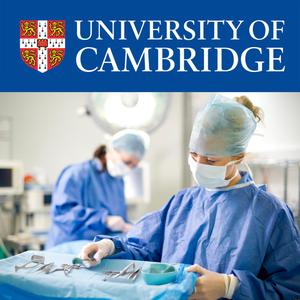'Re-engineering the Regulation of Regenerative Medicine?': The 2022 Baron de Lancey Lecture (audio)
Regenerative medicine seeks to regrow, repair, or replace damaged tissues. Current regenerative technologies include the bio-engineering of organs and tissues, cell reprogramming, and gene editing. Such interventions are significant not only for present-day patients, but also for future generations. They challenge the concept of the self as ‘biologically finite’ or ‘genetically determined’ and blur traditional distinctions between therapy and enhancement and between humans, animals, and things.
Given the ways in which regenerative medicine blurs socially-significant boundaries, the ethical and legal obligations of clinicians, researchers, funders, and governments are fluid and uncertain. For example, it is unclear whether present policies governing the use of regenerative technologies offer sufficient safeguards, even if access is limited to patients with conditions deemed sufficiently serious to justify the risks.
This talk explores whether international human rights law might require governments to identify, monitor, and support translational pathways that would provide broad, equitable access to the benefits of regenerative medicine, or whether international human rights law requires a more controlled approach because of the potential social implications. With regenerative medicine's great potential, the welfare of current and future generations is at stake. We must collectively ask ourselves how best to secure a desirable clinical future for present day and future generations.
About the Speaker:
Bartha Maria Knoppers is Full Professor, Canada Research Chair in Law and Medicine, and Director of the Centre of Genomics and Policy at McGill University.
Baron Cornelius Ver Heyden de Lancey (1889-1984) was a wealthy and public-spirited Dutchman who at different times in his life was a dentist, doctor, surgeon, barrister and art historian. In 1970 he created the De Lancey and De La Hanty Foundation, to promote studies in medico-legal topics. The Foundation generously gave Cambridge the Ver Heyden de Lancey Fund, which since 1996 has funded occasional public lectures on medico-legal issues of current interest.
For more information about the Baron Ver Heyden de Lancey Lecture series, please see http://www.lml.law.cam.ac.uk/events/vhdl-events
This entry provides an audio source for iTunes.
15 March 2022, 2:15 pm
